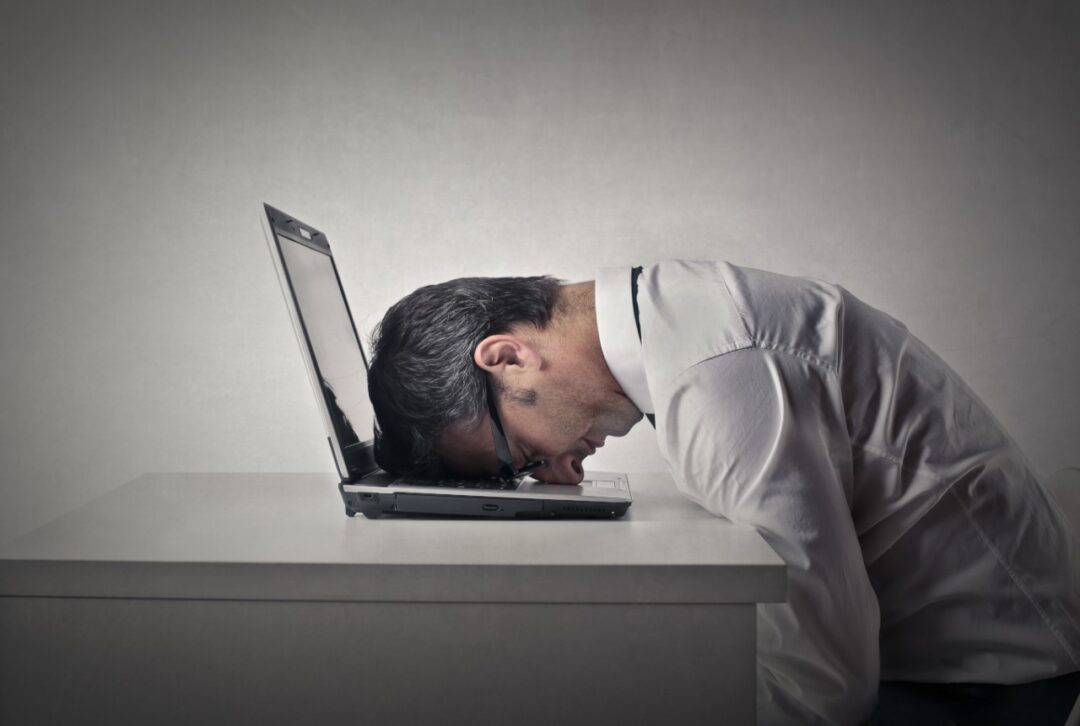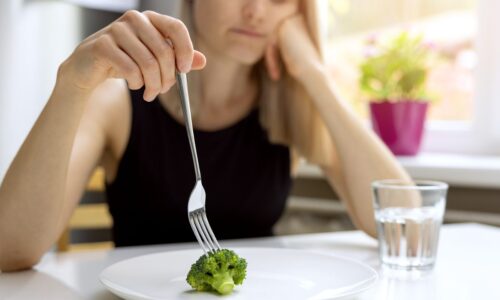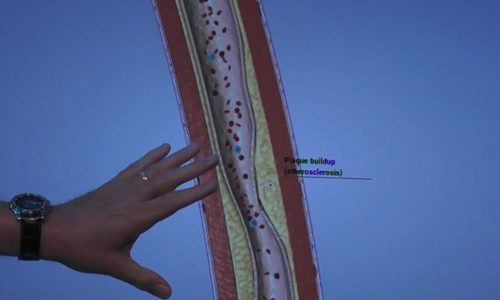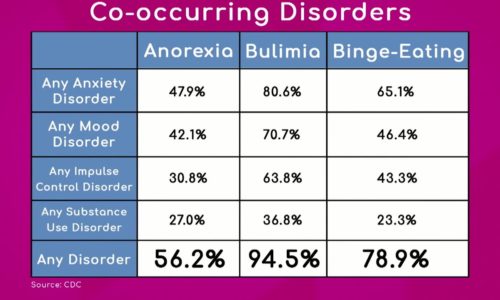Can food really help with exhaustion? |

Fatigue is defined as a feeling of weariness, tiredness, or lack of energy. There are a number of conditions that can lead to fatigue including anemia, depression, thyroid disease, and diabetes. Many people reporting temporary or recurrent fatigue, however, are tired because of three factors—inadequate sleep, poor nutrition or excessive stress. In today’s Health Tip, we’ll look at some of the nutritional measures that can help reduce fatigue and improve energy levels.
Eat breakfast. The brain uses glucose as its primary source of fuel. For most people, up to 12 hours passes from the evening meal until morning, with most of the body’s available glucose being depleted. Breakfast refills our tank and provides a readily available energy source. Studies have shown that people who eat breakfast on a regular basis have improved concentration, problem solving ability, mental performance, memory, and mood. In fact, many nutritionists consider breakfast to be the most important meal of the day.
Watch your caffeine intake. Caffeinated beverages (coffee, tea, etc.) are commonly consumed in the morning to provide a “jump start” to the day. Caffeine in moderation not only makes us feel more energized, it has also been shown to increase alertness, reaction speed and ability to think clearly. Too much coffee, however, can make us irritable and jittery. Drinking caffeine late in the day can be a bad idea since it can disturb our sleep patterns and lead to fatigue the next day.
Keep well hydrated. Water is the body’s principle chemical component with up to 60% of body weight being comprised of water. The brain itself is almost 70% water! Water in the blood stream is responsible for carrying nutrients to the cells and removing waste. Fatigue can be one of the first signs that the body is dehydrated. The Institute of Medicine advises that men consume roughly 3 liters (about 13 cups) of fluid a day and women consume at least 2.2 liters (about 9 cups) of fluid a day. Another way of gauging your hydration status is to monitor your urine output. When well hydrated, most people will need to urinate every two to four hours with the urine being clear or pale yellow in color.
Eat small, frequent meals. Eating “3 squares a day” may not be the best way for everyone to address caloric needs throughout the course of a day. Not only does the metabolic requirement of digesting a large meal lead to lethargy, many people have a “sinking spell” between meals resulting in eating even more between meals. A better way of fueling the body may by eating smaller meals or a snack at approximately four hour intervals. This approach provides the brain with a steady supply of nutrients and helps prevent the onset of fatigue.
Moderate alcohol consumption. As a sedative, alcohol has an obvious deleterious effect on one’s energy level. A large lunch along with an alcoholic beverage can set the stage for an unanticipated afternoon nap. Drinking shortly after work can adversely affect one’s energy level in pursuing a hobby or spending time with the family later in the evening. Drinking excessively or close to bedtime may facilitate falling asleep, but the quality of sleep is usually not optimal, leading to fatigue the next day.
Eat carbohydrates with a low glycemic index. The glycemic index ranks carbohydrates as to how quickly they raise blood glucose. Foods with a high glycemic index (white bread, refined cereals with sugar, instant oatmeal, soda, and candy) raise blood sugar quickly. While these may produce a temporary burst of energy, the resultant insulin surge is then followed by a plunging glucose level. This can lead to fatigue as well as to symptoms of hypoglycemia. Eating foods with a low glycemic index (most fruit and vegetables, whole grain breads, pasta, milk, yogurt, cheese, soybeans, etc.) helps to moderate swings in blood sugar.
A word on “energy boosters”. Any number of vitamins, herbs, and nutritional supplements make the claim to be able to boost energy. These include guarana, found in many energy drinks, as well as ginseng, vitamin B12, and coenzyme Q10. There is very little evidence, however, to support the use of any of these as energy boosters. Many of these products have marketed themselves as “nutritional supplements” in order to avoid having to prove most of their claims.
Along with these nutritional tips, getting regular exercise and managing life stresses are other important measures for improving energy levels. Unrelenting exhaustion, particularly if there is no improvement after following healthy life-style measures, could be due to an underlying psychological or physical disorder that warrants medical evaluation.
Sources for Article:
The Energy Diet from the National Health Service
Fatigue from Medline Plus
Top 10 Ways to Boost Your Energy from WebMD
Essential Road Safety Guide to Tiredness at the Wheel: https://www.hendycarstore.co.
If you have any more questions just Ask Hanna, our health advisors are here to help.
Image: ©Shutterstock / Ollyy








